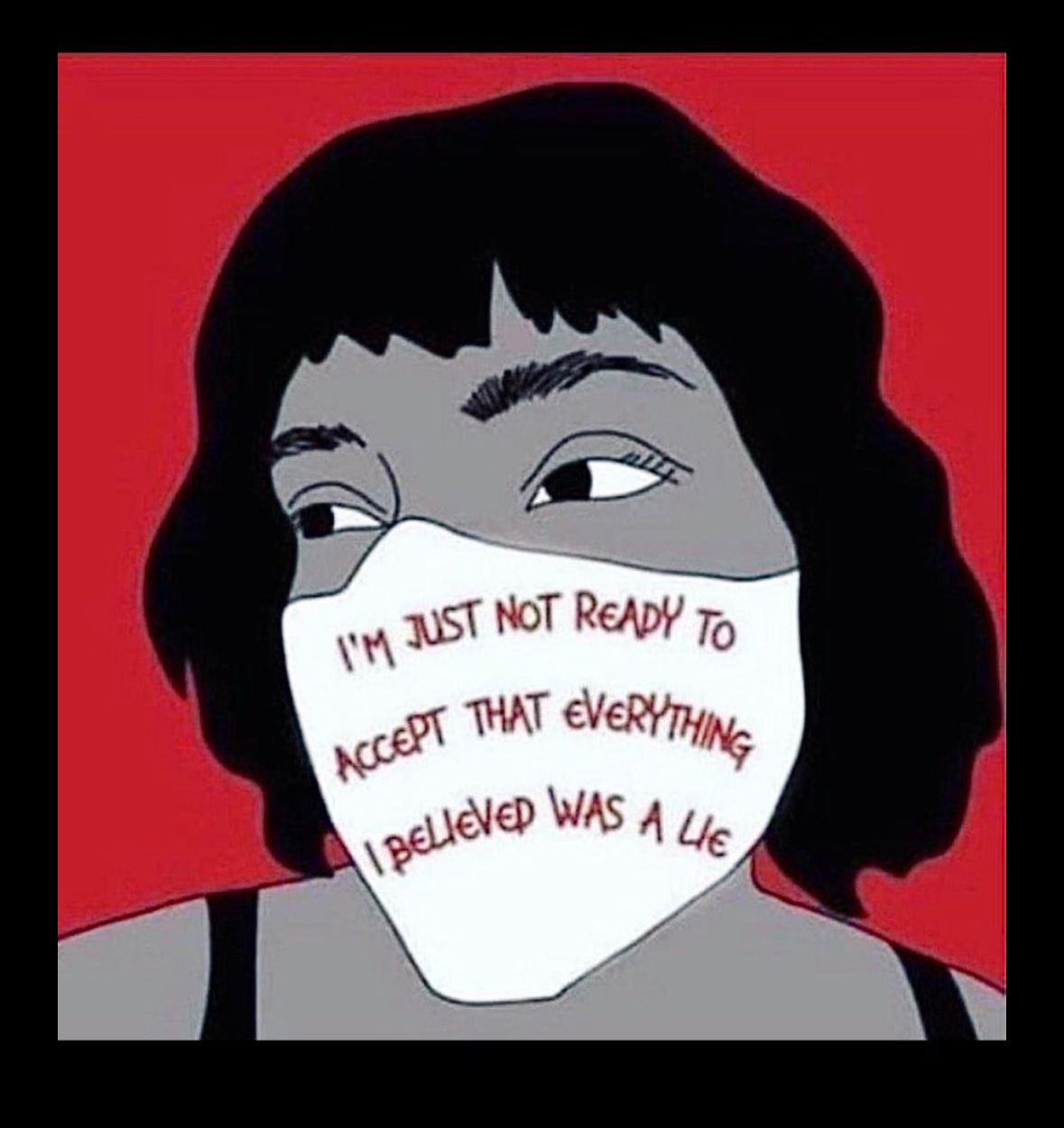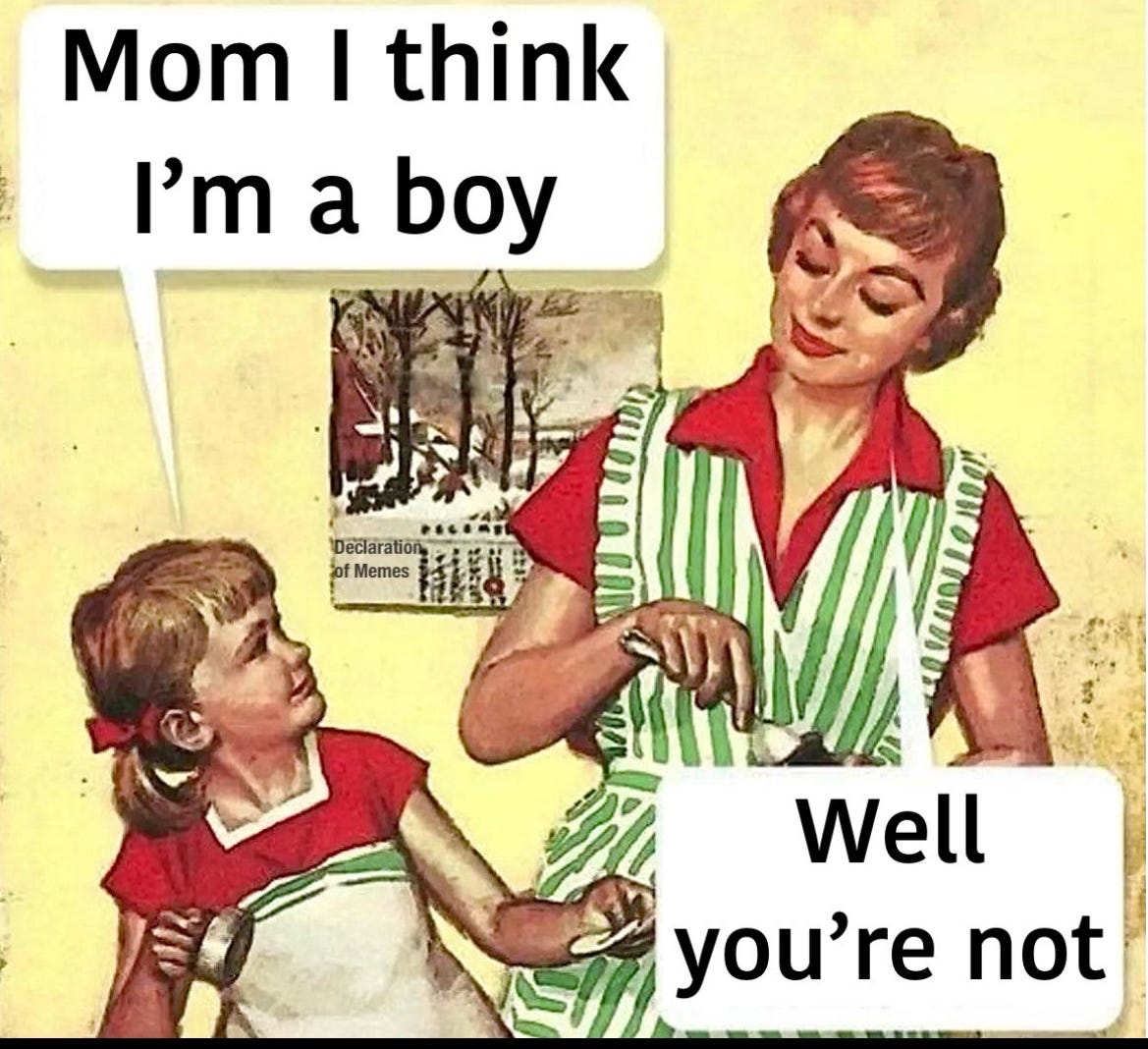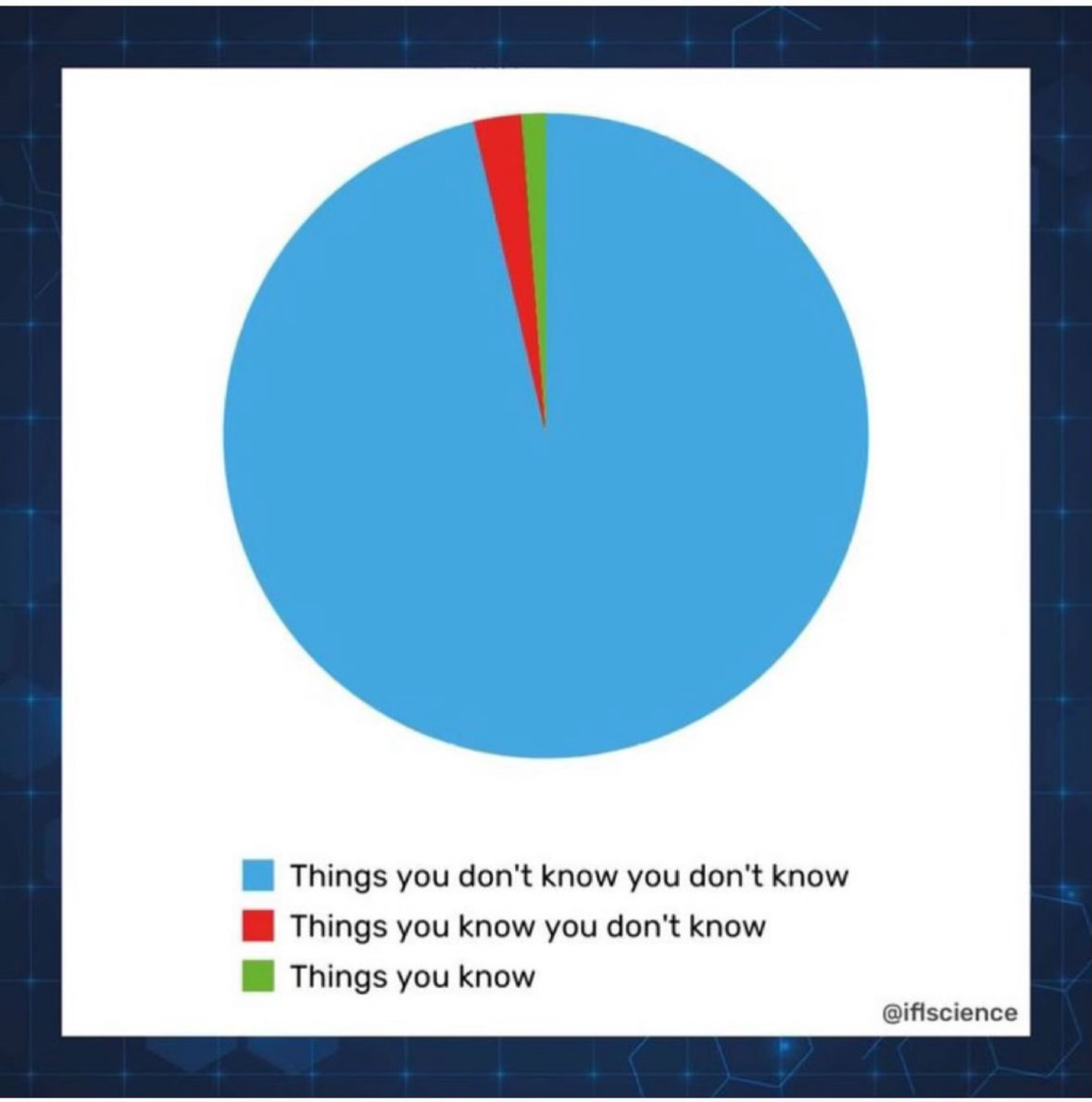I recently found myself late one night, headphones on, listening to a documentary podcast series that would shatter everything I thought I knew about human consciousness. The Telepathy Tapes wasn't just another podcast – it was a window into a world that our current scientific framework refuses to acknowledge. A MUST LISTEN!
Through the methodical research of neuroscientist Dr. Diane Hennacy Powell, I listened (then watched on the website) as non-verbal autistic children demonstrated abilities that should be impossible according to our traditional understanding of human communication. They were reading minds, perceiving thoughts, and connecting in ways that defy our materialist paradigm of consciousness.
As I listened to each episode, I couldn't help but confront an uncomfortable truth: how many other extraordinary human capabilities have we dismissed simply because they don't fit within our rigid scientific worldview?
This journey began to unravel a larger pattern I'd observed in our society – the dangerous certainty of our expert class, who too often confuse the boundaries of their knowledge with the boundaries of what's possible. In their desperate need to maintain authority, they've created a system that pathologizes the unexplainable rather than embracing the humility required to explore it.
In an age where uncertainty should breed humility, we've created a class of experts who wear their certainty like armor – and that armor is beginning to crack. Our modern priesthood of white coats and academic credentials has fallen into the same trap that befell religious authorities centuries ago: the conviction that authority demands infallibility.
The institutional pressure to have an answer for everything has corrupted the very foundation of expertise, replacing informed consent with paternalistic certainty. As public trust erodes and the consequences of this hubris become increasingly apparent, we're witnessing the collapse of a system that punishes doubt and rewards false confidence, where admitting uncertainty has become professionally dangerous – and "I don't know" is treated as a confession of incompetence rather than a declaration of intellectual honesty.
When Consensus Become Coercion
The most insidious aspect of false authority isn't just its ability to mislead – it's its power to silence our inner voice, that quiet whisper of intuition that has evolved over millennia to protect us. When we surrender our judgment to a consensus manufactured in academic echo chambers, we don't just relinquish our autonomy – we abdicate our responsibility to think critically about our own wellbeing and that of our loved ones.
The COVID-19 vaccine rollout demonstrated this dynamic with stark clarity. Medical professionals, bound by institutional pressures and the fear of challenging consensus, found themselves unable to engage with emerging safety signals or acknowledge the limitations of accelerated trials. Those who dared to question the narrative faced professional ostracism, their careers and reputations threatened not because they were wrong, but because they refused to subordinate their clinical observations to institutional doctrine.
This environment of enforced consensus creates a dangerous feedback loop. Each time legitimate concerns are dismissed or critics are silenced, the echo chamber grows stronger, more resistant to outside information, more hostile to the very uncertainty that drives scientific progress. Innovation suffers as researchers learn to ask only "approved" questions, pursue only "acceptable" hypotheses. The result is a kind of intellectual monoculture where breakthrough insights – often arising from the fringes of conventional thought – become nearly impossible.
But perhaps most troubling is how this system disconnects us from our lived experience. When parents notice changes in their children post- intervention, when patients experience side effects their doctors assured them were impossible, when communities observe patterns that contradict official narratives – they're not just being asked to doubt their observations, they're being trained to distrust their own judgment. This learned helplessness, this surrender of personal discernment to institutional authority, represents a fundamental threat to both individual autonomy and societal resilience.
Nowhere is this feedback loop more destructive than in the systematic drugging of our youth under the banner of mental health care. When a teenager's existential questioning becomes "depression," when a child's natural energy warrants daily amphetamines, when trauma responses are reduced to disorders requiring chemical suppression, we witness our society's ultimate surrender to pharmaceutical authority. Parents who question medicating their 14-year-old with multiple psychiatric drugs aren't just dismissed – they're coerced into doubting their own parental instincts. This isn't just bad medicine – it's the wholesale chemical suppression of an entire generation's emotional development, sacrificed on the altar of psychiatric certainty.
Maternal Wisdom vs Medical Authority
I've sat across from countless parents, watching the same painful scene unfold. Their eyes reflect a deep inner conflict – the primal knowledge of their child's struggles battling against the weight of institutional pressure. A mother describes her 15-year-old daughter's recent withdrawal and mood changes, perfectly coinciding with a difficult social transition at school and the turbulent waters of adolescence. Her intuition screams that this is a chapter, not a diagnosis – a storm to weather, not a disease to medicate. Yet here she sits, clutching a prescription for an SSRI, an antipsychotic, and a sleeping aid, her maternal wisdom drowning in a sea of false clinical certainty.
The tragedy lies in how we've elevated psychiatric authority to match that of other medical specialties, despite the chasm between their foundations. A cardiologist can show you a blocked artery on an angiogram, point to specific markers in your blood work, demonstrate through decades of empirical research how certain interventions improve survival rates. Their authority is earned through reproducible results and measurable outcomes. But psychiatry operates in the realm of subjective observation and diagnostic checkboxes, wielding the same institutional authority while standing on far shakier ground.
Yet parents, caught in moments of crisis and vulnerability, are asked to ignore this crucial distinction. They're pressured to accept that their teenager's emotional turbulence – often a natural response to life's challenges – represents a chemical imbalance requiring immediate pharmaceutical intervention. The psychiatrist's prescription pad becomes a modern oracle, its authority derived not from proven outcomes (which have actually worsened in the age of widespread psychiatric medication), but from the same white coat that performs heart surgery.
What's most heartbreaking is watching parents surrender their deep understanding of their child's journey to this false equivalence. They know their teenager is struggling with identity, processing emotional pain, navigating social complexities – all fundamentally human experiences. But faced with the authoritative pronouncement of "mental illness" and the specter of what might happen without intervention, they set aside their insights. They defer to a system that reduces the rich complexity of human emotional development to a series of symptoms to be suppressed, rather than experiences to be understood and integrated.
The surrender of personal power to institutional authority represents one of the most profound betrayals of informed consent in modern medicine. When we relinquish our right to understand, to question, to weigh evidence and make conscious choices about our children's mental health, we don't just abdicate our parental responsibility – we participate in a system that prioritizes compliance over healing.
True informed consent requires more than a signature on a form; it demands transparency about unknowns, acknowledgment of risks, and respect for the profound wisdom that parents carry about their children's needs. Every time we allow fear and institutional pressure to override our inner compass, we don't just risk our children's wellbeing – we erode the very foundation of medical ethics and personal sovereignty that should protect future generations from systematic overreach.
Beyond the Measurable
The Telepathy Tapes stands as a powerful testament to how quickly we dismiss what we cannot explain through our current materialist paradigm. If non-verbal autistic individuals can indeed demonstrate abilities that transcend our understanding of consciousness, what else might we be missing in our rigid adherence to mechanical models of mind and behavior?
Every day, we witness phenomena that challenge our limited framework – the inexplicable power of the placebo effect, spontaneous remissions, the tangible impact of belief on healing, the profound influence of human connection that defies biological reduction. Yet instead of approaching these mysteries with wonder and scientific curiosity, our expert class often retreats into defensive certainty, wielding diagnostic labels and chemical solutions like shields against the unknown.
The truth is, we know far less about consciousness, emotional states, and human behavior than we pretend. When we force complex human experiences – grief, fear, altered states of consciousness, spiritual emergence – into simplified biological narratives, we aren't just being intellectually dishonest; we're actively dismissing the profound wisdom that exists beyond our five senses.
This doesn't mean abandoning what we do know: the crucial role of nutrition, the healing power of relationships, the impact of trauma, the importance of sleep, the biological effects of chronic stress. But it means holding these truths alongside a humble acknowledgment of the vast territory we have yet to map.
Perhaps most importantly, it means recognizing that saying "I don't know" isn't a surrender of expertise – it's an invitation to explore.
When we acknowledge the limits of our understanding, we create space for something remarkable: the re-emergence of inner wisdom, that quiet knowing that exists within each person but has been systematically silenced by our culture of external authority. This wisdom, though impossible to measure in a laboratory or capture in a diagnostic manual, has guided human healing and growth for millennia. The fact that we cannot quantify it doesn't make it less real than a neurotransmitter or less valuable than a prescription.
The path forward isn't through more certainty, but through a radical embrace of uncertainty. In the space between what we know and what we don't know lies the potential for genuine healing – not just from individual suffering, but from our collective addiction to false authority. When we finally admit that consciousness might extend beyond our materialist framework, that healing might involve dimensions we cannot yet measure, and that human experience cannot be reduced to mere biology, we don't diminish our knowledge – we expand our potential for understanding. The first step isn't finding all the answers, but having the courage to say those three transformative words:
"I don't know."
I try to keep RADICALLY GENUINE as free as I can, but it takes quite a lot of work. If you find some value in my writing and podcast I very much appreciate the paid subscription. It really helps me continue putting time aside for these pieces. Thank you.








I’m looking forward to listening to this podcast. The excellent podcast series Hysterical is another in the genre of ‘we don’t really understand humans and our capabilities.’ Strong recommend.
Roger, superb article. Another amazing display of human abilities is found in the experiences of Daniel Kish, who lost sight at an early age and over the course of his life developed a form of echolocation that allows him to navigate as if he were sighted. https://youtu.be/uH0aihGWB8U
Keep up the good work.